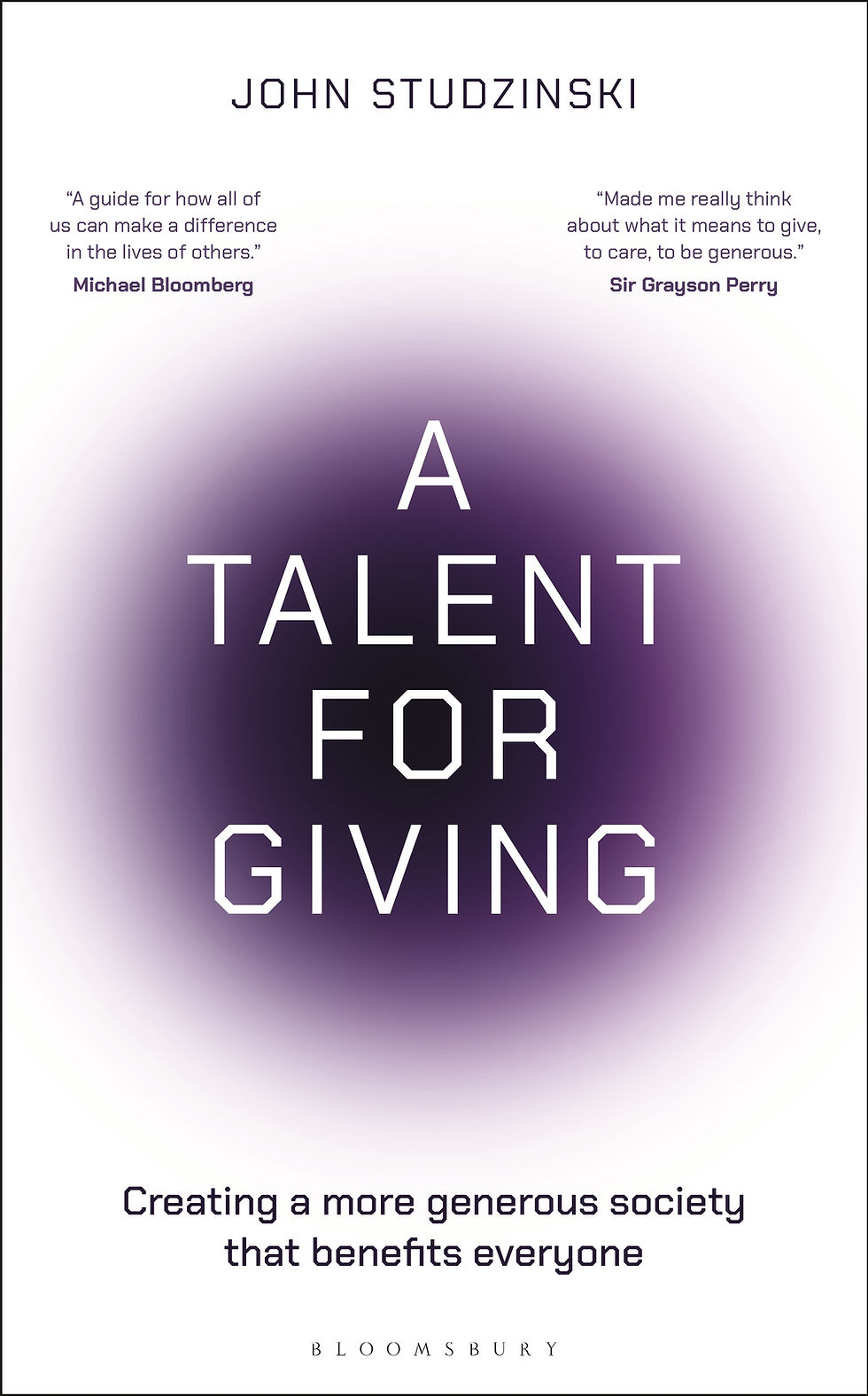Pregnancy is so thoroughly entangled with birth and babies in the popular imagination that a pregnancy which ends in miscarriage consistently appears as a failure or a waste of time - indeed, as not proper to pregnancy at all. But in this compelling book, Victoria Browne argues that reflection on miscarriage actually deepens and expands our understanding of pregnancy, forcing us to consider what pregnancy can amount to besides the production of a child.
By exploring common themes within personal accounts of miscarriage - including feelings of failure, self-blame and being 'stuck in limbo' - Pregnancy Without Birth critically interrogates teleological discourses and disciplinary ideologies that elevate birth as pregnancy's 'natural' and 'normal' endpoint. As well as politicizing miscarriage as a feminist issue, the book articulates an alternative intercorporeal philosophy of pregnancy which embraces variation, invites us to sit with ambiguity, contingency and suspension, and enables us to see subjective agency in all pregnancies, even as they are shaped by biological, political and social forces beyond our personal control. What emerges is a relational feminist politics of full-spectrum solidarity, social justice and care (rather than individualized choice and responsibility), which breaks down presumed oppositions between pregnancy, miscarriage, abortion, stillbirth and live birth, and liberates pregnancy from reproductive futurism.
Pregnancy Without Birth
Victoria Browne
The first book to propose a philosophy of miscarriage exploring the meaning of pregnancy without birth and linking theory to real, lived experience.Rights Sold
All rights availableBook Details
Imprint: Bloomsbury Academic
Publication Date: 06-10-2022
Format: Paperback
232 pagesAbout the Author
Victoria Browne is Senior Lecturer in Politics at Oxford Brookes University, UK. She is co-author of Politics: An Introduction (3rd ed., 2018), author of Feminism, Time and Non-Linear History (2014) and has edited multiple volumes including Vulnerability and the Politics of Care (2021) and Motherhood in Literature and Culture (2017). She is also a member of the editorial collective Radical Philosophy.
Material Available

















